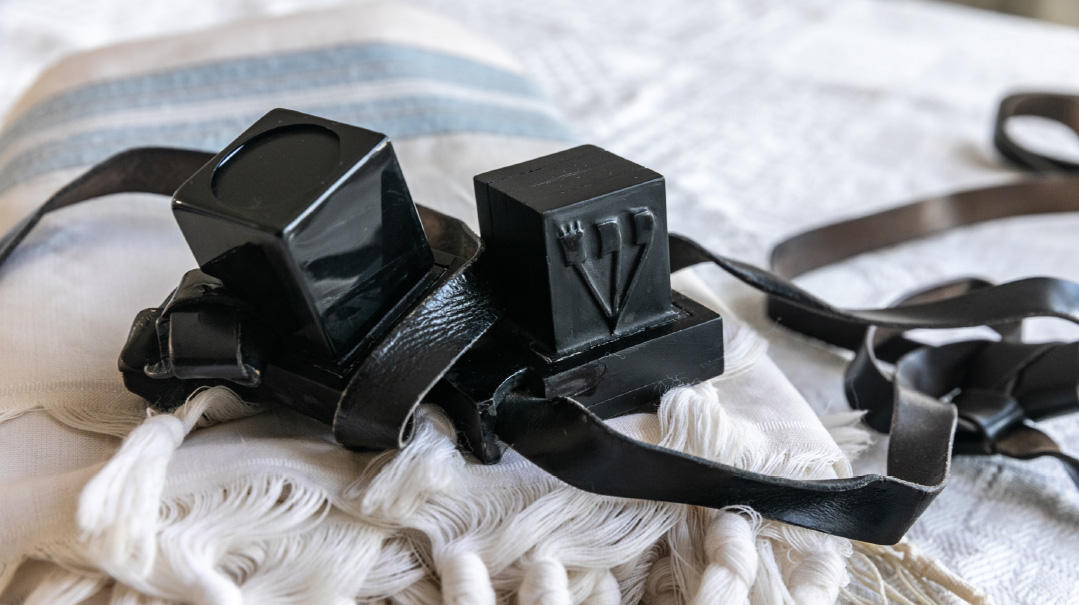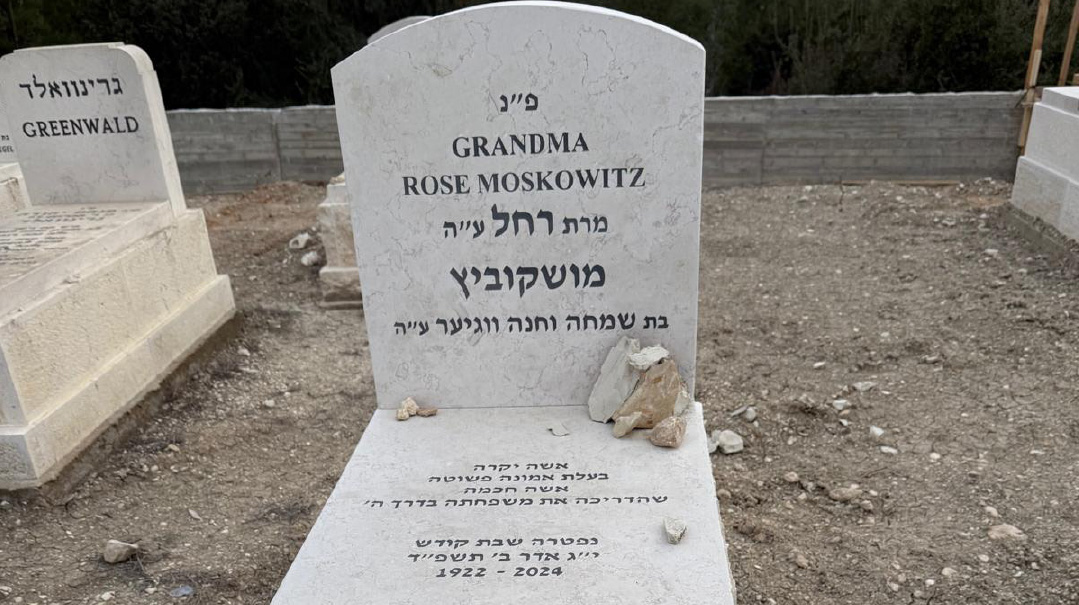Cut ‘n Paste: Gunskirchen Lager


P
arshas Bechukosai is the week each year that Reb Avraham Herman z”l, an elderly man who lived in our neighborhood, celebrated his freedom. He told anyone who would listen of the terrible suffering he endured throughout the war, like it was his Divine mission. From his doctor to university students and kibbutznikim, Reb Avraham Herman searched for opportunities to inspire Yidden throughout Eretz Yisrael.
He relived his experiences when he spoke, his ever-expressive eyes conveying a plethora of emotions: fear, horror, and pain. And yet, somewhere deep within them, one saw a glint of the resilience that ultimately brought about his miraculous escape.
He was imprisoned in Gunskirchen in Austria, a camp he believed was worse than Auschwitz. Toward the end of the war, with the Americans fast approaching, the Nazis locked the last living skeletons in their barracks without water or food. Then, dressed like civilians, the Nazis hid themselves among the general population. The Jews didn’t even know their tormenters had deserted them.
That night, a father held his little son in his arms as the boy faded before his eyes. “Don’t go!” the father cried. “Don’t leave me! What will I tell your mother?” But the child’s body could hold on no longer and he breathed his last breath. Utter, painful silence reigned. Even the unceasing groaning stopped. Suddenly, the father called out: “Ribbono shel Olam, I can’t live without him! If you took his precious soul, then take mine too!” A moment later, the father joined his son in the Heavenly spheres. Watching this tragic scene, Reb Avraham mustered up the last of his strength and addressed the people. “Rabbosai, Hashem is with us in this room right now! We are going to be saved! Did you see what just happened? Hashem took one neshamah, and when the father davened that his soul should be taken too, Hashem answered him on the spot. This means Hashem is right here listening to our tefillos!”
No one stirred. They thought he had gone crazy. But one young man believed him and the two devised a plan to escape. They piled up corpse after corpse until they could clamber up the heap of bodies to reach the roof. Breaking through the decaying wood, they pulled themselves out. The camp was silent. They found two discarded Nazi uniforms, pulled them on, and ran into the surrounding forest. A few hours walk brought them to a road… and approaching headlights. It was a jeep of American soldiers. The sight of two Nazis in front of their vehicle had the soldiers reaching for their weapons.
Avraham and his friend simultaneously cried out, “Shema Yisrael!” And as they did, one of the Americans told the soldiers to hold their fire. “Bist a Yid?” he asked them in Yiddish.
“Yes!” cried Reb Avraham.
But the soldiers were skeptical; perhaps this was a trap.
“Look,” Reb Avraham called, “I even have my tefillin!” He had carried these tefillin with him throughout the war, wrapped tightly around his leg. But as he reached for them, the soldiers assumed he was pulling out a weapon. Once again they raised their rifles, and once again he screamed out, “Shema Yisrael!”
This time, the American soldier replied, “Baruch Shem k’vod malchuso l’olam va’ed!” His name was Lieutenant Mayer Birnbaum. He tried to convince the two to join him in the jeep, but they refused. “It’s Shabbos,” they told him. Only after he insisted their situation constituted absolute pikuach nefesh, did they agree, but not before Lt. Birnbaum promised to liberate the dying Yidden in Gunskirchen. Only then did Avraham and his friend consent to enter the jeep. (Excerpted from Mishpacha, Issue 711)
Oops! We could not locate your form.












